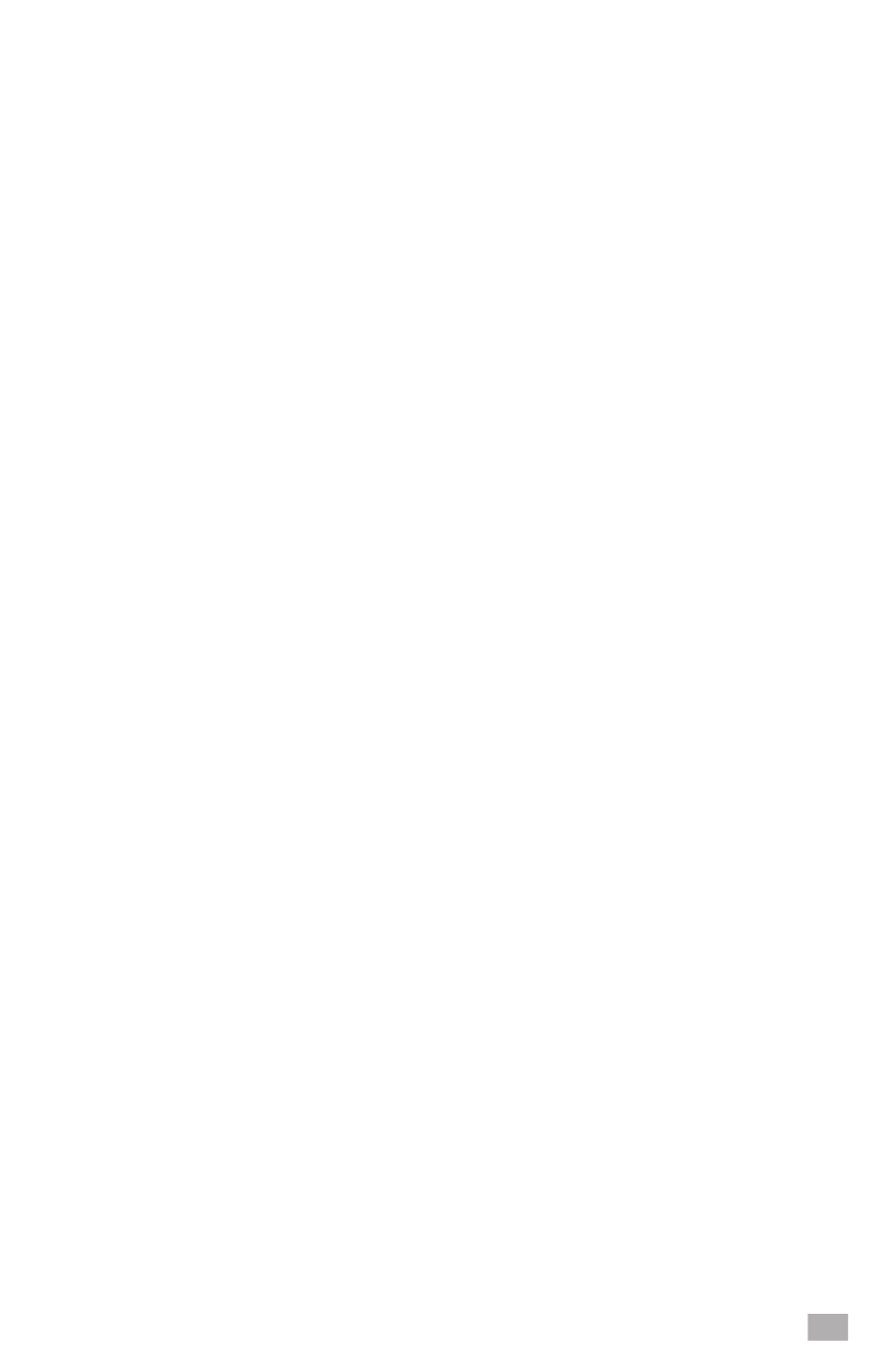
Risks Pertaining to Illegal File Sharing
Contrary to what many students believe, U.S. federal law considers the unauthorized
uploading, downloading, or sharing of copyrighted material as a serious offense which
can carry serious consequences for an offender.
During the past few years, copyright holders and their trade associations—including the
Recording Industry Association of America [RIAA] and the Motion Picture Association
of America [MPAA]—have assertively pursued copyright holders’ rights and have
focused their attention on college students as major violators. There are cases where
the settlement costs have ranged from roughly $3,000 to $8,000 or more for the initial
offense, which may be no more than the download of a single song, to upwards of such
amounts for subsequent offenses. If you’re convicted of illegally sharing copyrighted
material you risk having a criminal record that will follow you all your life. The RIAA
announced in December 2008, a change in strategy. It said it would begin to work with
ISPs to combat illegal file sharing.
WNCC prohibits any infringement of intellectual property rights by any member of
the WNCC community. It is against WNCC policy to participate in the violation of the
intellectual property rights of others.
Comprehending Copyright Infringement
WNCC is committed to the education of its students. WNCC labors to make students
aware of the policies that govern the use of its computing facilities. We encourage the
responsible use of WNCC computing resources. Included in these efforts is to provide
information about copyright laws, particularly with regard to file sharing.
To protect you and the College from legal action, we want you to understand the acts
that constitute violation of federal copyright law, especially in view of today’s peer-
to-peer (P2P) networks. If you use WNCC’s network to access, download, upload,
or otherwise share copyrighted materials without permission, without making a fair
use, or without falling under another exception under copyright law, you are likely
infringing copyright law.
In general, copyright infringement occurs when a person makes a copy of any
copyrighted work, such as music, video, software, cartoons, photographs, stories, or
novels, without permission (
i.e., a license
) from the copyright owner and without falling
within the specific exceptions provided for under the copyright laws. These exceptions
include, without limitation, “fair use,” which is briefly described below, and provisions
of the Audio Home Recording Act, which allow for noncommercial copying of lawfully
acquired music onto recordable compact discs (CD-Rs).
Copyright Infringement and P2P File Sharing
Peer-to-peer (P2P) computing is a powerful technology that has many uses. P2P networks
are often used to illegally share and exchange music, movies, software, and other
electronic materials. The use of P2P networks to upload, download, or share copyrighted
material, such as movies, music, and software, can violate the rights of copyright owners.
In the P2P file-sharing context, infringement may occur. For example, when one person
purchases an authorized copy and then knowingly or not, uploads it to a P2P network.
An infringement may occur when one person purchases a CD, creates an MP3 or other
digital copy, and then uses a P2P network to share that digital copy with others. In this
case, both the individual who makes the file available and those making copies may
be found to have infringed the rights of the copyright owner(s) and may be violating
federal copyright law.
199


